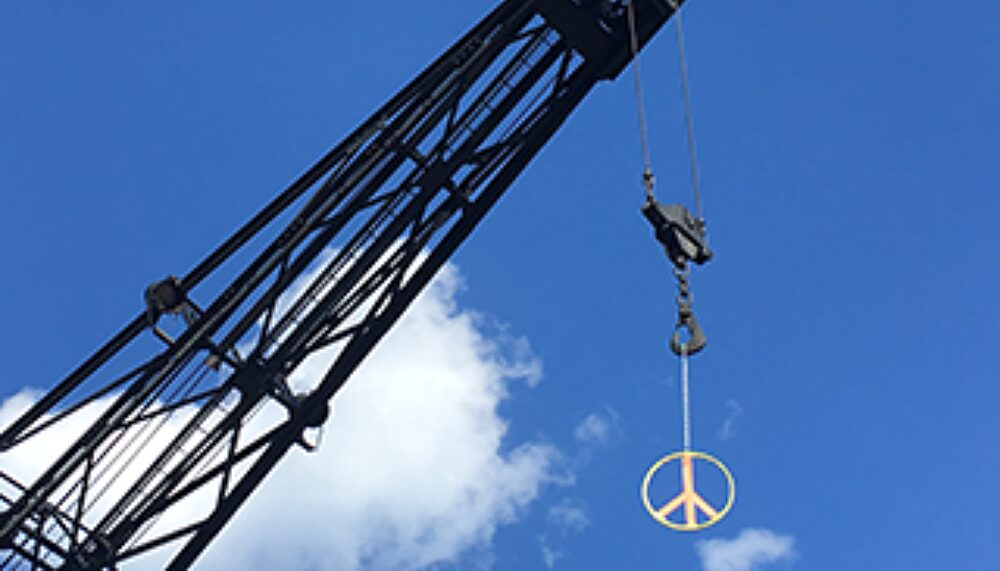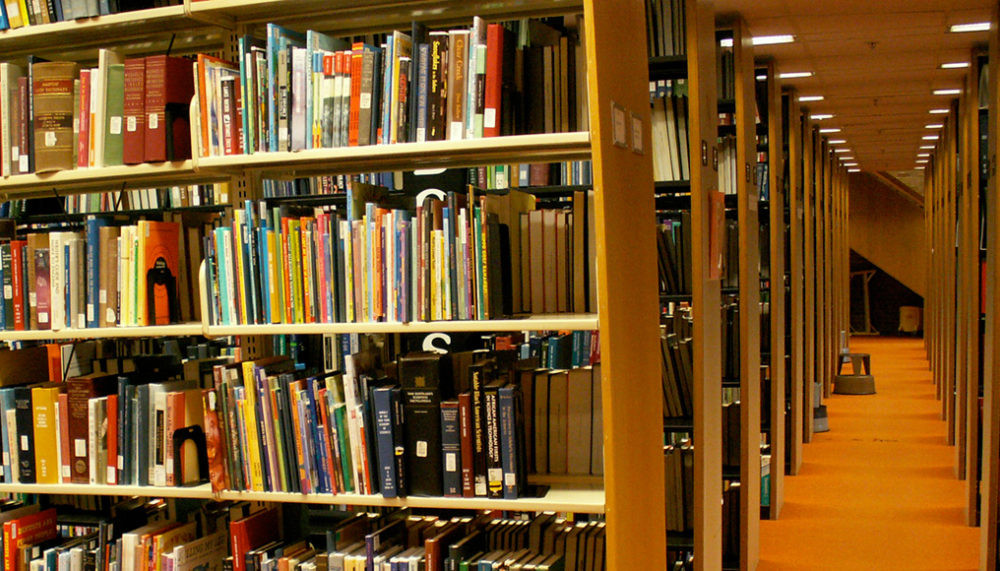FEATURE | 4 Oct 2022
"Peace education is not a trouble shooter".
Recommendations for the future of peace education

A study by the Berghof Foundation shows that peace education is more important than ever. Its approaches must be structurally anchored in the education system.
Since the start of the war in Ukraine, voices from civil society and policy makers, as well as the media, have been discussing how to turn away from war and violence and achieve a peaceful future. Peace education in the school system can offer an important approach to preventing violence. Against the backdrop of the diverse and practical approaches of peace education, our project "State-of-the-Art report on peace education in the German-speaking world (StArt)", funded by the German Foundation for Peace Research, sets out to compile an overview of current developments, approaches and potential opportunities in German-speaking countries. Existing knowledge from theory and practice was systematically compiled and evaluated in order to derive recommendations for researchers, policy makers and educational practitioners at schools.

The study "State of the Art Peace Education" shows that interaction on different levels is necessary for strengthening peace education and ensuring it can have a sustainable effect on societies. On the one hand, peace education can be strengthened as a cross-cutting theme in the education system by expanding curricula to include peace education materials and approaches. On the other hand, peace education can also be anchored in teacher’s education and trainings. There is also a need for an expansion of counselling, networking and specialised centres on peace education. As the head of the research project Uli Jäger emphasised in our podcast "Friedensstark", peace education is "not a trouble shooter for emergency situations, nor is it a flash in the pan."
Going beyond basic research
The report concludes that there is a need to establish chairs for peace education at universities who, in addition to basic research, empirically investigate impact and accompany practical peace education projects with their research. Up to now, there has been too little empirical data on the potential impact of peace education approaches and methods. Furthermore, textbooks and learning media should be analysed with regard to their peace education orientation. There is also a need for stronger interdisciplinary networking of different scientific disciplines in order to enable the integration of peace education into the education of teachers.
Peace education is not a trouble shooter for emergency situations, nor is it a flash in the pan. Peace education must be sustainable.
Uli Jäger. Listen to the interview in the project’s podcast "Friedensstark".
Networking with other actors within the field of education
Peace education actors should strengthen cooperation with related pedagogical approaches (such as education for sustainable development, global learning, human rights education). Networking with transformation initiatives within schools is recommended in order to jointly implement innovative concepts in the field. This would, in turn, strength students’ competences and help them develop their potential, as well create a collaborative culture around exams at schools.
Anchoring peace education in schools
Schools, as the central institutions for education, can anchor peace education as a cross-cutting task in all subjects through the development of a peace-oriented mission statement. It is important also to integrate peace education into official framework documents within the education system. This could be realised by a resolution of the Conference of Ministers of Education and Cultural Affairs, for example, or through the creation of an orientation framework for peace education. In addition, there is a need for specialised advisory and networking agencies for peace education, such as the "Service centre peace education" in Baden-Württemberg. Peace education should be systematically anchored in all phases of teacher training, so educators can integrate peace education into their teachings across the board in the future.
In addition to the StArt report with recommendations for politics and schools, these four papers explore other key topics :
- Pedagogical concepts close to peace education: Education for democracy, human rights and sustainable development
How does peace education relate to the neighbouring disciplines of civic education, global learning, development education, human rights education, democracy education, global citizenship education, (inter-) religious education, environmental education and education for sustainable development? - Peace education around the world: Insights and experiences from international peace education programmes
Insights into internationally recognised and tested approaches to peace education. - Impulses for peace education: Insights into selected reference sciences
Comparison with peace research, education, sociology, psychology, neuroscience, gender research, and media and communication studies. - Inspiration for peace education: Current transformation initiatives in the education
sector
Many transformation initiatives point to deficits in the current education system and the urgent need to prepare students for the global challenges of the 21st century. The paper provides insights into different initiatives that are developing new forms of learning and collaboration in an increasingly digitalised world.
Publications (in German):
Bieß, Cora; Assia Bitzan, Uli Jäger & Anne Kruck 2022: Friedensbildung an Schulen: Entwicklungen, Potenziale, Impulse, Empfehlungen, State-of-the-Art Report Friedensbildung Teil 1, Berlin: Berghof Foundation.
Bieß, Cora 2022: Pädagogische Konzepte mit Nähe zur Friedensbildung: Bildung für Demokratie, Menschenrechte und nachhaltige Entwicklung, State-of-the-Art Report Friedensbildung Teil 2.1, Berlin: Berghof Foundation.
Kruck, Anne 2022: Friedensbildung international: Erkenntnisse und Erfahrungen aus Peace-Education-Programmen, State-of-the-Art Report Friedensbildung Teil 2.2, Berlin: Berghof Foundation.
Bieß, Cora & Assia Bitzan 2022: Impulse für die Friedensbildung: Einblicke in ausgewählte Bezugswissenschaften, State-of-the-Art Report Friedensbildung Teil 2.3, Berlin: Berghof Foundation.
Bieß, Cora 2022: Inspirationen für die Friedensbildung: Aktuelle Transformationsinitiativen im Bildungswesen, State-of-the-Art Report Friedensbildung Teil 2.4, Berlin: Berghof Foundation.
Media contact
You can reach the press team at:
+49 (0) 177 7052758
email hidden; JavaScript is required


